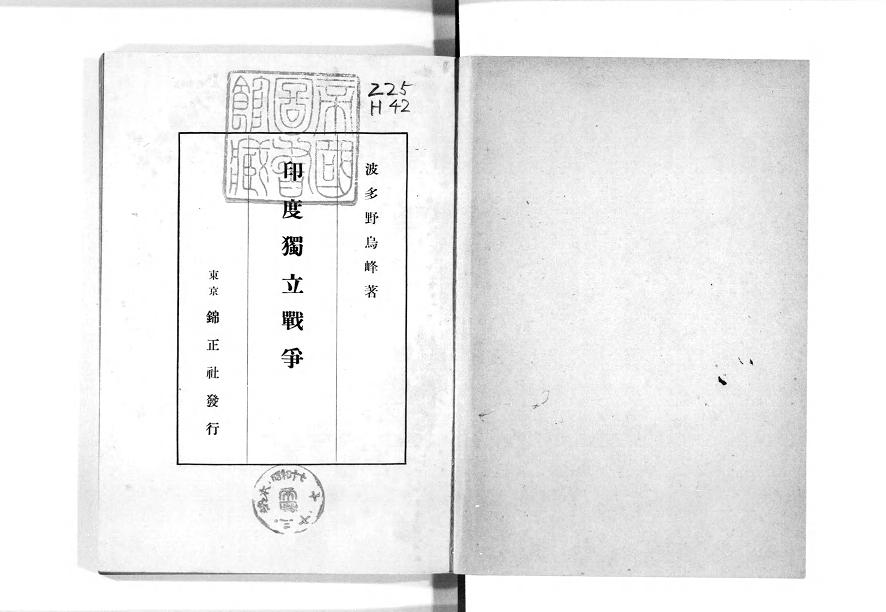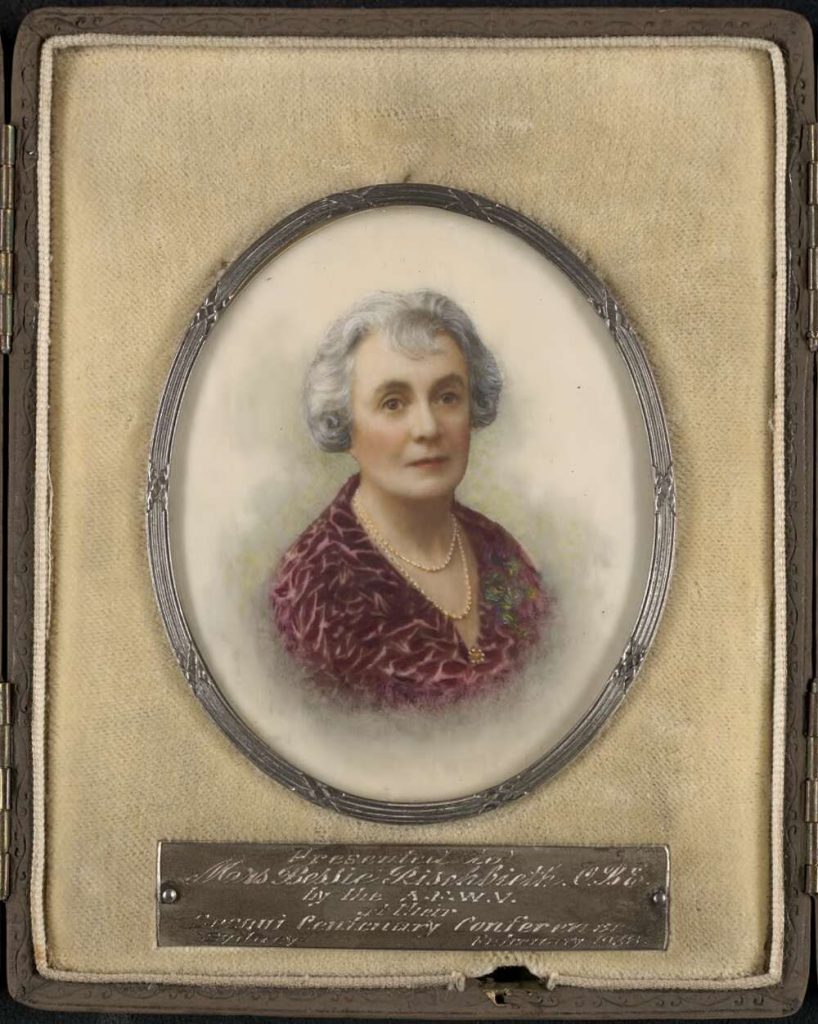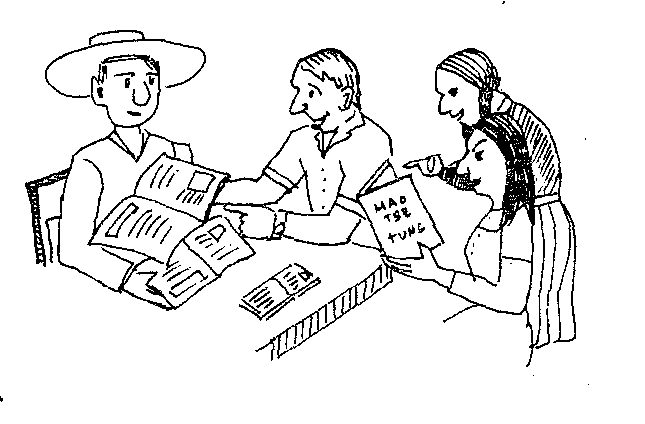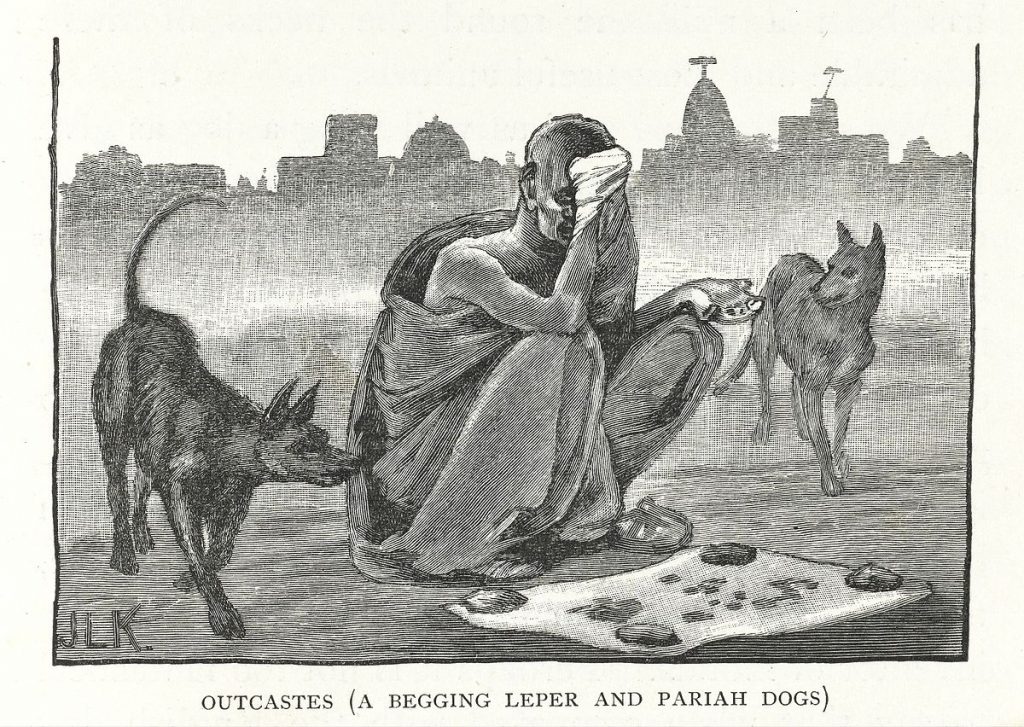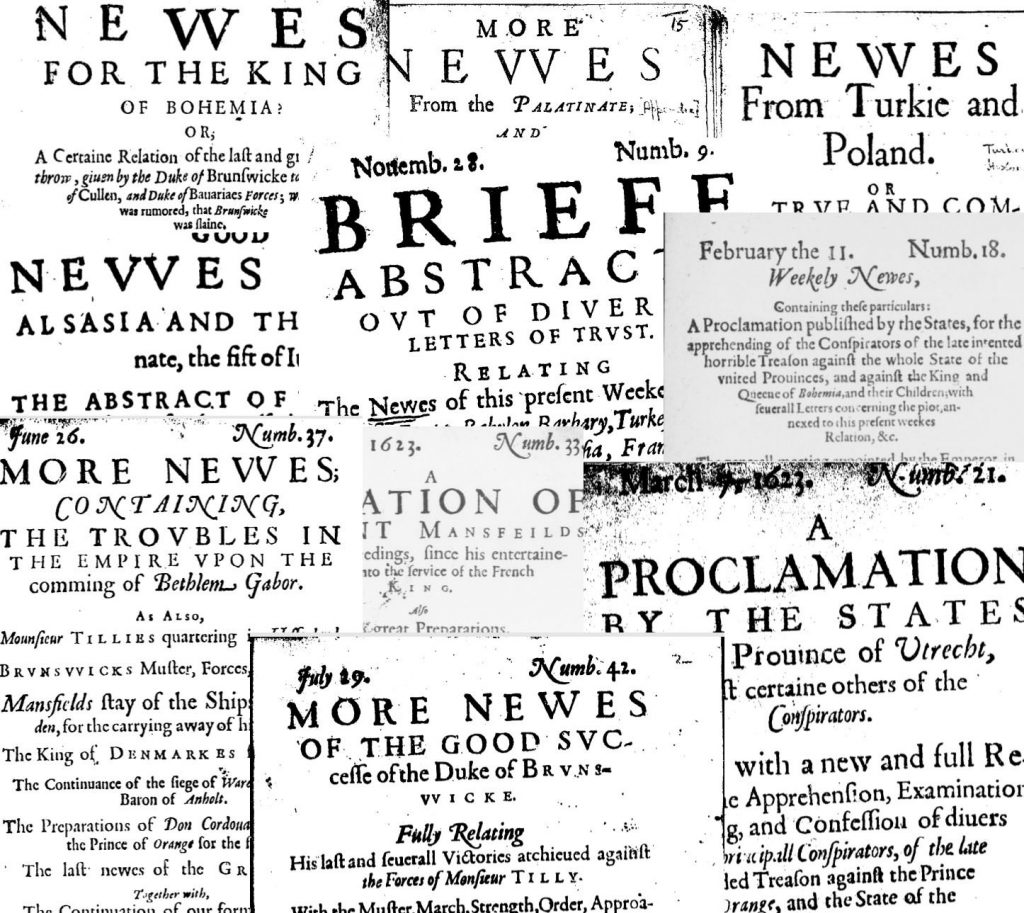By Niall Gray The historian’s relationship with government has always been a contentious subject. Called to inform and encourage debate across all sections of society, historians have repeatedly run into difficulties when engaging with state authorities. This is often due to the potentially sensitive topics that researchers wish to discuss, with the British government subsequently […]
By Ana Londe Silva (anapls@cedeplar.ufmg.br) “The experience of all ages and nations, I believe, demonstrates that the work done by slaves, though it appears to cost only their maintenance, is in the end the dearest of any”.[1] Adam Smith, Wealth of Nations (1776) Ancient Greece and Rome, feudal Western Europe, and 18th-century American […]
By Tom Shillam As Christopher Lee has written, decolonisation in the mid-twentieth century constituted ‘a complex dialectical intersection of competing views and claims over colonial pasts, transitional presents, and inchoate futures’ as much as ‘a linear, diplomatic transfer of power’.[1] This is also an observation which scholars of the transnational cultural and intellectual histories of […]
By Aaron Peters During the Asia-Pacific War (1937-1945) as Japan was extending its wartime empire across China and Southeast Asia to the borders of British India, a Japanese-language history of the Indian Rebellion of 1857 was published in May 1942 under the title, “India’s Independence War” (Indo dokuritsu sensō, 印度独立戦争). Its author was a man […]
Feature Image: Portrait of Bessie Rischbieth, 1938, National Library of Australia, PIC Object Drawer 26 #P194 By Michelle Staff Feminists have long set their sights beyond their nation’s borders. All too often they have been frustrated in their efforts to disrupt the status quo at home – to convince their nation’s leaders of the need […]
The French Roots of Mexican Maoism: Adolfo Orive’s Early Days as a Student of Revolution (1954-1968)
By Jorge Puma The men always made themselves from the material world from rich villas or the slums “El Mayor” by Silvio Rodríguez The triumph of Mao Zedong and the People’s Republic of China’s proclamation in 1949 caused a frenzy among the American anti-Communist establishment. A wave of persecution destroyed lives and reputations throughout […]
By Yasmina Martin On November 13th, 1970, The Standard, a major Tanzanian English-language newspaper, published an article detailing tumultuous events at the University College, Dar es Salaam. A group of radical students organizing as the University Students African Revolutionary Front (USARF) had been shut down by the government, and their journal, Cheche, was ordered to […]
By Ankit Kawade Max Weber begins his treatise Ancient Judaism with the following comparativist premise: “The problem of ancient Jewry, although unique in the socio-historical study of religion, can best be understood in comparison with the problem of the Indian caste order.”[1] Weber’s premise of studying Jewish religious history in comparison with the caste order […]
By Rory Bannerman If you tear through an issue of The Economist or flick straight to the “World” or “Global” sections of your preferred broadsheet, you are taking part in a long tradition of consuming news of events beyond our borders. In Britain, the first publications devoted to relaying foreign affairs were published in London […]



